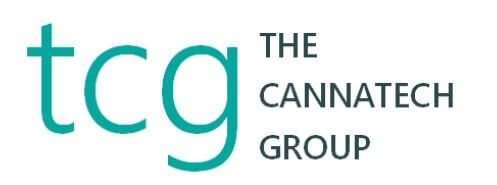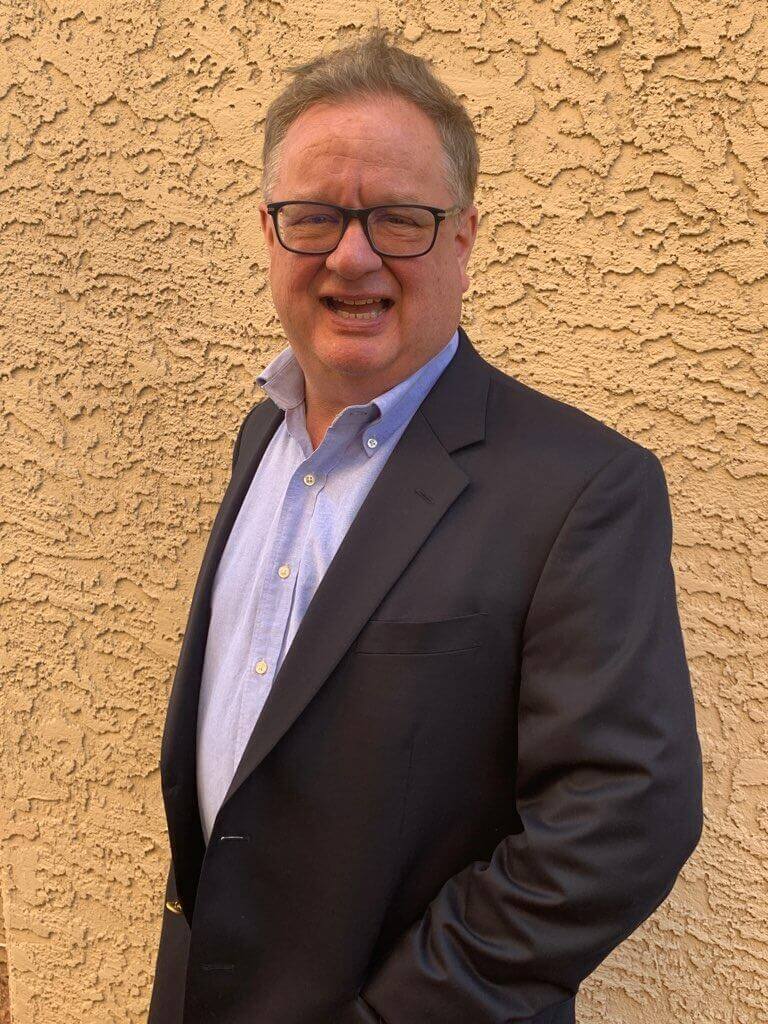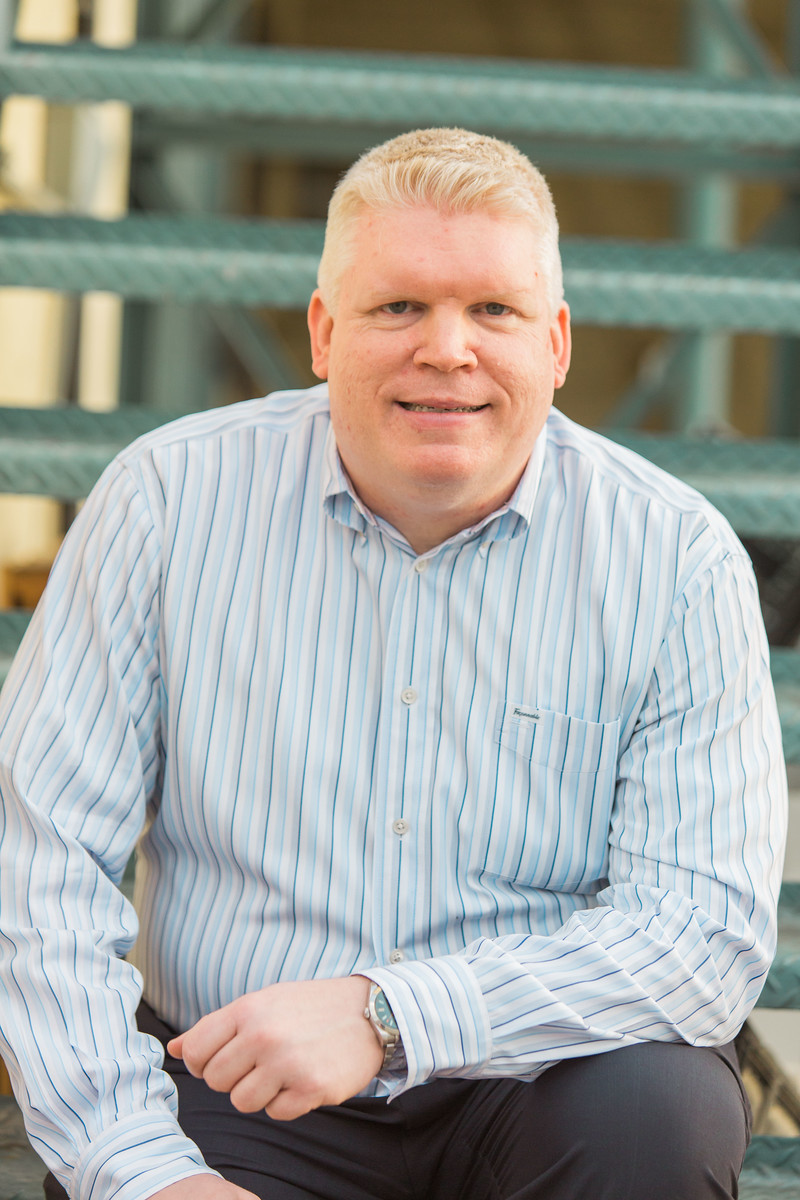Within the last two decades Cannabis has gone from being illegal and only available on the black market to a highly profitable and regulated industry. For many, the booming cannabis industry has brought on the creation of jobs, tax revenues, and many other blessings. Although it has brought on many good things, it has also brought on insight for more social equality within the cannabis landscape. According to the ACLU, 8.2 million people were arrested for marijuana from 2001 to 2010. Of course, you know, our country was at a different place than it is now. Of those millions of arrests, 88% of the arrest were arrested simply for possessing, not for selling or trafficking. When you look at the statistics it show that Caucasians as well, as African Americans pretty much use or consume cannabis at the same rate, however, minorities are four times more likely to be arrested for marijuana possession than their Caucasian counterparts. So what ends up happening is, you have that on your record, making it substantially harder to get what we would call a regular job, let alone get the capital to invest in opening a dispensary or getting into the cannabis industry. We are joined by Duane Roebuck who shares with us about social equality and how it is affecting the cannabis industry.
Video Transcription
Harry Brelsford 0:02 A 420MSP back with our regular analyst Duane Roebuck . Hey, Hey, hello, how you doing?
Duane Roebuck 0:09 Doing great Harry, How about yourself?
Harry Brelsford 0:11 Good, good, hey, this month, I want to know I want to do a little storytelling and also get your opinions. But yesterday for a client in the data center area, I wrote up their diversity and inclusion statements. So this is a minority owned veteran owned business that serves the data center environment. And it got me thinking because then then I was kind of poking around. And like Microsoft has a lot of communications on diversity and inclusion, it seems to be a conversations right now. And in the case of the data center client, they were saying that the $2 trillion infrastructure bill that’s going to be coming down has provisions for diversity and inclusion. So my client fits the box. Right, if that makes sense. And so then, is ice preparing to talk to you, maybe the corollary of that not completely, but we have the social equity aspects of the, the dispatch of licenses in the cannabis sector. So first of all, what is social equity? Help me out.
Duane Roebuck 1:16 So social equity is pretty much inclusion of minorities, especially those that have been disenfranchised, due to the war on drugs and various laws that have been set up. So, you know, to give a little bit of background to the listeners, you know, I pulled up some, some stats. And according to the ACLU, 8.2 million people were arrested for marijuana from 2001 to 2010. Of course, you know, our country was at a different place than than it is now. Those millions of arrests, 88%, or arrest, were arrested simply for possessing, so not selling not trafficking, but the vast majority just having it and when you look at a statistics show that, you know, Caucasians as well, as African Americans, pretty much use or consume cannabis at the same rate, sure. But where social equity comes in is that minorities are four times more likely to be arrested for marijuana possession than their Caucasian counterparts. So what ends up happening is, you know, you have that on your record, it makes things substantially substantially harder to to get what we would call a regular job, let alone to you know, get the capital to invest in opening a dispensary or getting into the cannabis industry. And so social equity is is merely meant, because now that cannabis is is, you know, at least legal by a vast majority of states. It’s, you know, now that it’s making money, it’s a way of reaching back and, you know, helping those who have been hurt by the policies to be able to get into this industry and hopefully thrive within it.
Harry Brelsford 3:21 Yeah, yeah. And I support that. I’ve talked to you in the past about this, that in this probably over a year ago. It’s moving so quick, Duane. But a year ago, and certainly two years ago, when I went to a conference called RAD Expo in Portland, Oregon and went to a panel. I didn’t like the idea of one bill or one initiative serving two masters to say, say, you know, that that on the one hand, you wanted the legalization. Great. On the other hand, you wanted social equity. And I was just a little concerned that it was going to slow down the passage of those bills, but I’ve revised my forecast that they’ve been able to combine the two topics and one initiative I believe New York State was an example of that. And New Jersey, so hey, before we go, so again, what got me thinking about this Washington State bolsters marijuana social equity program up on MJBIZ, Governor Inslee signed a bill that expanded the social equity program enacted in 2020, blah, blah, blah. And but what’s interesting is under the original bill, and again, that’s been expanded, but under the original bill, regulators, were able to prioritize unassigned retail licenses such as the ones that were forfeited or revoked to social equity applicants that that good, but it also tells me something different. And I know I’ve talked with either on camera offline on this There’s a lot of license holders, and I know this in the state of Washington, who actually haven’t opened a facility. And and these licenses are sitting dormant. And so maybe that’s kind of what they’re talking about. Any any thoughts on that?
Duane Roebuck 5:15 Yeah, I mean, you know, you’re you’re hearing social equity terms thrown around a lot more. Illinois was probably the one that, you know, threw it out most prominently got, and what was happening is, you know, while the conversations are being discussed, very little is actually happening in terms of actually distributing the licenses for whatever reason, you know, so you figure, Illinois, they were supposed to, they were supposed to have 75 licenses that were distributed a year ago, here we are, a year later, they’ve managed to, you know, achieve over a billion dollars in revenue. And none of those licenses have still, you know, been distributed. And, you know, when the media reached out to, you know, to the governor’s office, you know, they reported that it was due to the pandemic, when, you know, the reality of it is, is other government business is still transpiring, the challenge with Washington is, you have an already mature an existing business. And so how does social equity play into that, and, you know, what’s going to happen with the entrenched operators, you know, one of the things, and I’ll tie it all up, but one of the things that I’ve been doing is I’ve actually, you know, just as a form of giving back, I’ve been working with some social equity companies, as well as Oh, wow, community colleges. One is a community college, all of Harvey, in the Southside of Chicago. So, you know, to give you an example of how this can be impactful, you know, I was sitting on in one of the board meetings, and they had a lady who, you know, for everything that they said she didn’t have any other source of income previously, she went through their cannabis program, and she was able to get hired on at one of the larger msos. And, you know, she now has a position making over 50,000 a year. So when you look at the cannabis industry being a viable, you know, it’s one of the fastest growing and creation opening that up, you know, so that, you know, it’s more inclusive is only going to help the country as a whole and, you know, I encourage my resellers to look at, you know, groups like that. There are social equity, you know, people who are, you know, very much behind social equity, one name that comes to mind as Dr. Mila Marshall out of Chicago, she she has her own podcast. And so they’re really community driven, and they’re helping these applicants and it’s a good way for MSP or reseller to get in there and help these guys and, you know, really get in at the ground floor. So yeah, it’s true. It’s opportunity for everyone. And, you know, I’m glad that we were able to have this discussion.
Harry Brelsford 8:21 Yeah, no, I appreciate it. No one better in the industry. Hey, shout out to Blue Star distributing. What’s the URL? We haven’t given you enough shout outs lately, my friend. What? Where can we get more?
Duane Roebuck 8:33 they can reach me. Anyone can email me droebuck@bluestarinc.com
Harry Brelsford 8:50 All right. Talk to you next month.
Duane Roebuck 8:52 Thanks. All right.








